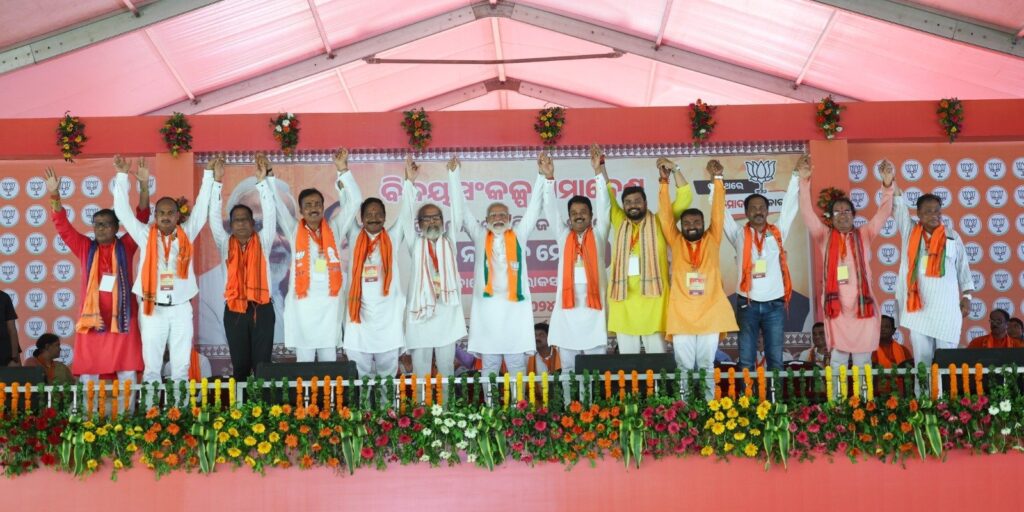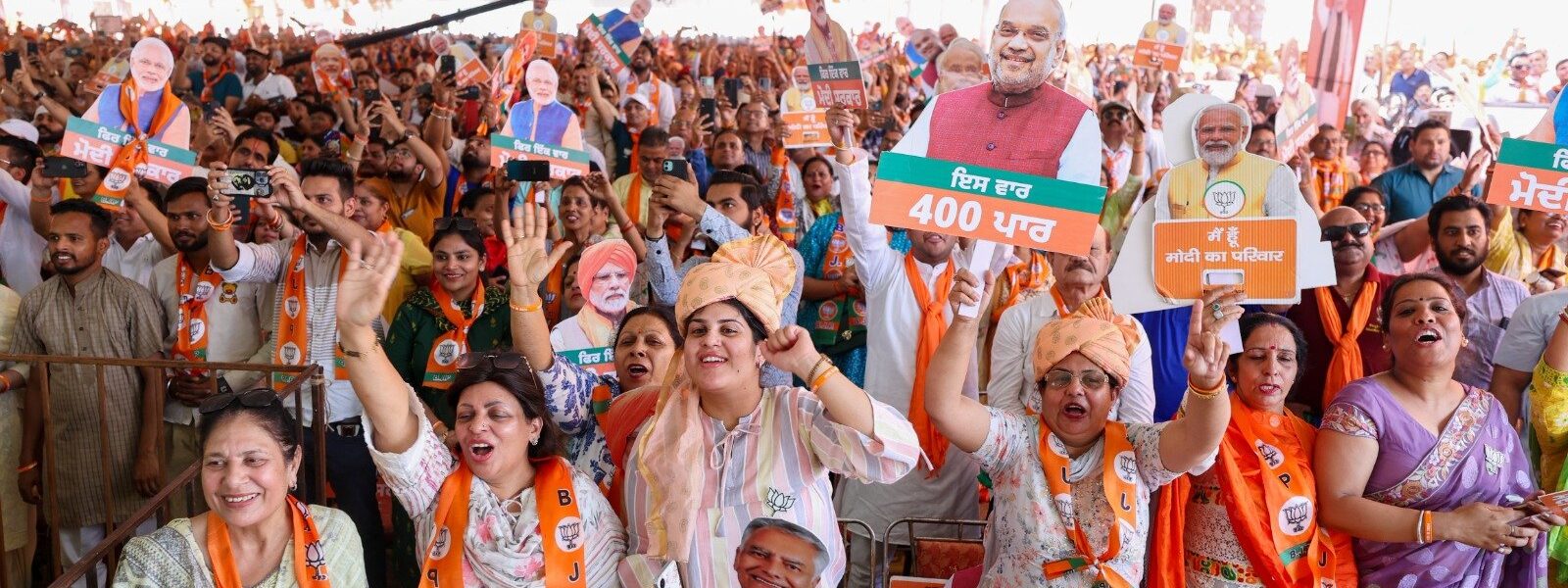India’s recent election has resulted in a momentous victory for Prime Minister Narendra Modi’s Bharatiya Janata Party (BJP) and its coalition partners, securing a remarkable third consecutive term in power. This triumph not only reaffirms Modi’s leadership but also underscores the BJP’s enduring dominance in Indian politics.
Election Highlights
Spanning seven phases over six weeks, the election witnessed a massive turnout, with over 600 million voters participating across 543 parliamentary seats. Despite stiff competition, the BJP-led National Democratic Alliance (NDA) emerged victorious, reflecting widespread support for Modi’s policies and initiatives.
Key Wins and Coalition Efforts
The BJP secured significant victories in key states, including Himachal Pradesh, Uttarakhand, Arunachal Pradesh, Madhya Pradesh, Delhi, Gujarat, Chhattisgarh, and Assam. Collaborative efforts with coalition partners, such as the Janata Dal, and strategic alliances with regional parties like the Telugu Desam Party (TDP) and Janata Dal United (JDU), played a crucial role in expanding the NDA’s electoral base.

Challenges and Opposition Response
Despite the BJP’s success, the opposition India bloc made notable gains in states like Uttar Pradesh, West Bengal, and Maharashtra, signaling a resilient challenge to the ruling coalition. This underscores the need for the BJP to address diverse concerns and engage with opposition voices to foster inclusive governance.
Implications and Path Forward
As Modi embarks on his third term, the focus will be on delivering on promises, accelerating economic growth, and addressing key challenges facing the nation. The historic victory reflects the confidence of the Indian electorate in Modi’s leadership and sets the stage for continued progress and development. Moving forward, collaborative efforts across party lines and inclusive governance will be essential for steering India towards a brighter future.






